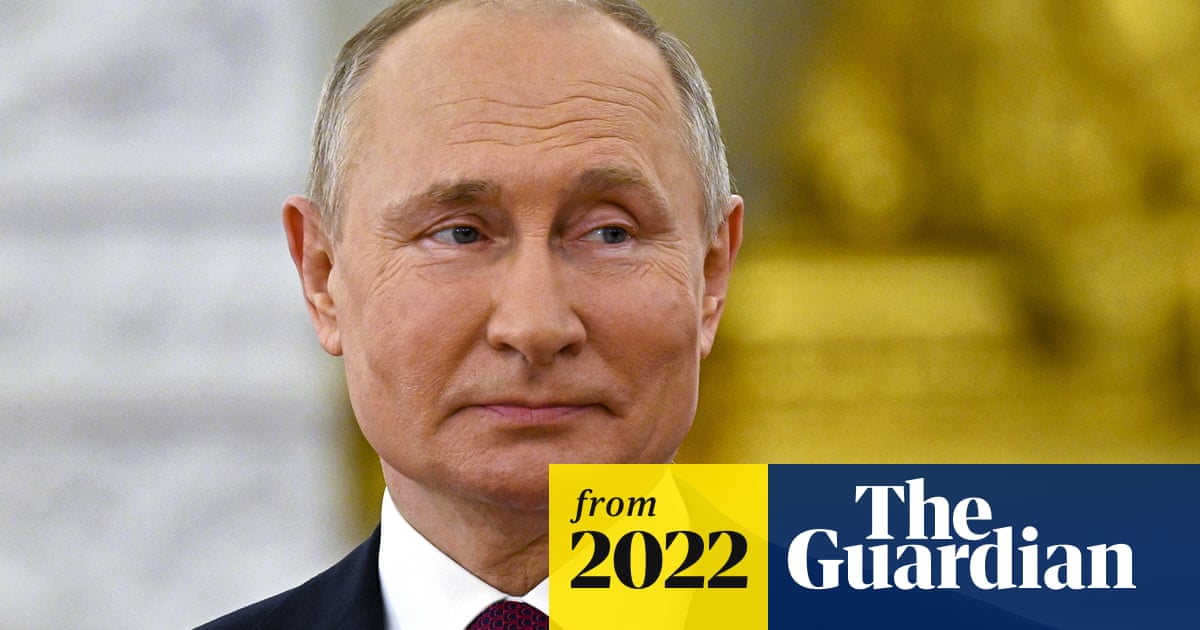Wars are very rarely launched with only one acceptable operational objective. They will have an "ideal" scenario to pursue if possible (the fall of Kyiv, and regime change) and a fall-back scenario they would still count as a win.
I'll buy that, sure. I'm just not seeing how any of this translates into any kind of strategic victory.
If we're looking at this in terms of a wider conflict between Russia and NATO, Sweden and Finland abandoning neutrality is such a colossal win for NATO that it basically makes anything happening in Ukraine irrelevant.
They have already begun addressing the issue of the local populace being unsympathetic to Russia, by forcibly bussing them out and replacing them. And the strategic value of the land is in forming a land corridor between Russia and Crimea.
That seems like a terrible way to make the region productive though, in the short term it seems like just increasing the already prohibitive cost of integrating new territory. The people you're bussing out might be willing to accept living in a economically devastated warzone because it's their home, the people getting bussed in are going to want things like jobs and infrastructure.
Crimea itself is of pretty questionable value. Its pre-annexation economy was predominantly based on tourism, which is not happening now. It mostly seems to be propped up by Russian government investment. In short, I'm not sure where the expected return (economic or strategic) on any of this is. It seems like the goal is to create some kind of Greater Russia, but all that really means is incorporating some of the poorest lands and people in Europe into an already poor state. Ask the Germans how much that costs.
And I definitely don't believe the Russian economy is "in the bin". They have ready alternative sources for most imports, and the price rise in oil is compensating for the fewer buyers. It's causing some pain for consumers through lack of access & choice, sure-- but the Russian government has never cared about that. They're presumably thinking that once the war is over, and Russia has carved away more annexed land, the Western governments will eventually lose interest in continuing sanctions, and will let them drop.
Sanctions don't take effect immediately because there are various methods governments can use to delay their impact, particularly if they've prepared as Russia clearly has. For example, Russia has incredibly brutal capital controls which are helping to pump up the price of the ruble, but it's not going to last. Eventually the government will run out of foreign currency to keep buying rubles with, the Western companies that pulled out of Russia won't have any assets left to plunder and Russians are going to get tired of being forced to buy rubles every time they export something.
Russia isn't going to keel over and die tomorrow, but there will be a price to pay at some point and that price is likely to be equivalent to many years of economic development, even in the best case scenario.
And this is assuming Europe doesn't actually honor its pledge to cut Russian natural gas imports. If it does, that's going to be devastating.
Russia will be counting on that being even less acceptable to Ukraine than it is to Russia.
Considering Ukraine, again, has been willing to fully mobilize its population and devote the entire country to fighting a war of national defense, while Russia seems reluctant to even declare war, I can't see that happening.


/cloudfront-us-east-2.images.arcpublishing.com/reuters/XJWHGPLRB5PHNNZY6H37WPF75Y.jpg)